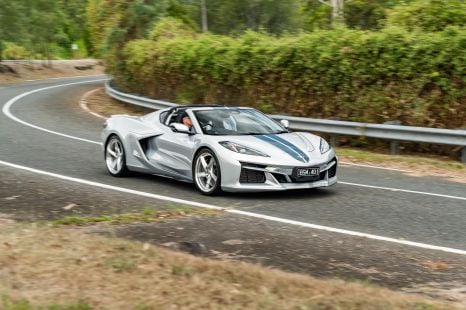

CarExpert.com.au
The CarExpert team's favourite cars of 2025
2 Hours Ago

Contributor
Porsche has developed a hydrogen-powered V8 engine capable of pumping out similar performance figures to its most powerful petrol units… in simulations.
The German carmaker, which is also heavily invested in synthetic fuels, says a 4.4-litre V8 engine powered by hydrogen could pump out around 440kW of power based on its simulations.
In those simulations, Porsche says the hydrogen-fuelled engine could haul a 2650kg car around the Nurburgring in 8:20.00 – around 40 seconds slower than the lightened, powered-up Porsche Cayenne Coupe Turbo GT.
“Neither hydrocarbons nor carbon monoxide” are emitted, and the simulated hydrogen V8 runs lean to keep nitrogen oxide emissions below the limits being put forward by the European Union for its tighter Euro 7 standard without an exhaust treatment system.
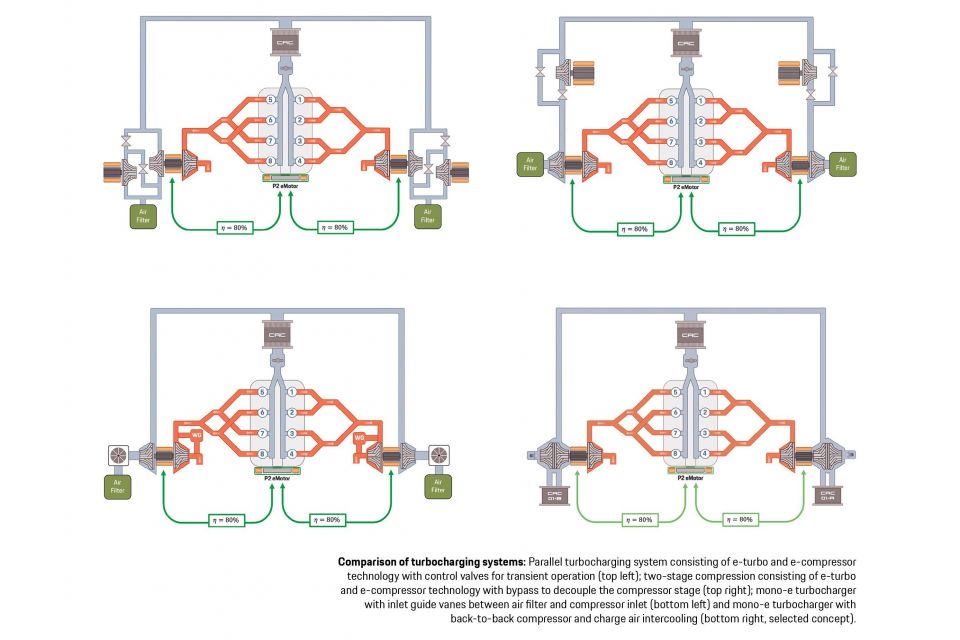
Key to the engine’s performance are its electrically-boosted turbochargers. A range of concepts are being explored, some of which use technology lifted from motorsport to play nice with the hydrogen engine.
Some of those concepts are laid out in the diagrams above, each of which involves some combination of electric assistance for the compressor, variable intake vanes for the turbochargers, and different valve systems to allow the turbos to work in tandem.
Porsche says the challenge lay in making the turbochargers deliver enough “air mass”, despite the engine’s “lower exhaust gas temperatures” creating a “lack of energy for their propulsion on the exhaust side”.
Don’t expect to see a hydrogen-fuelled Panamera or Cayenne any time soon. Porsche says the hydrogen engine is “unlikely to enter production in its current form, but that wasn’t the goal of the project anyway”.
“Instead, the focus was on examining the technical potential of the alternative drive technology and expanding the capabilities of existing engineering tools,” it said.
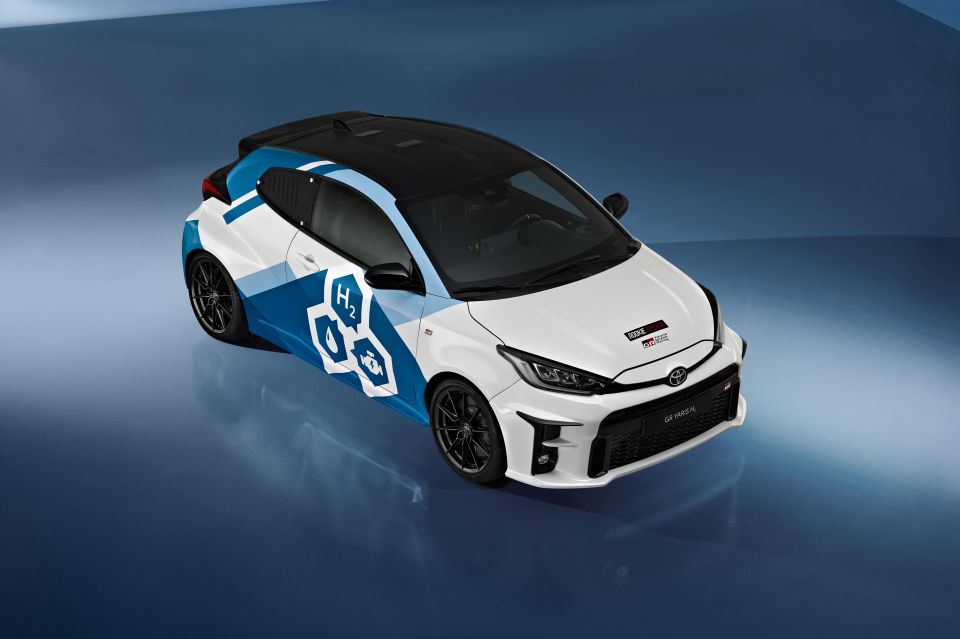
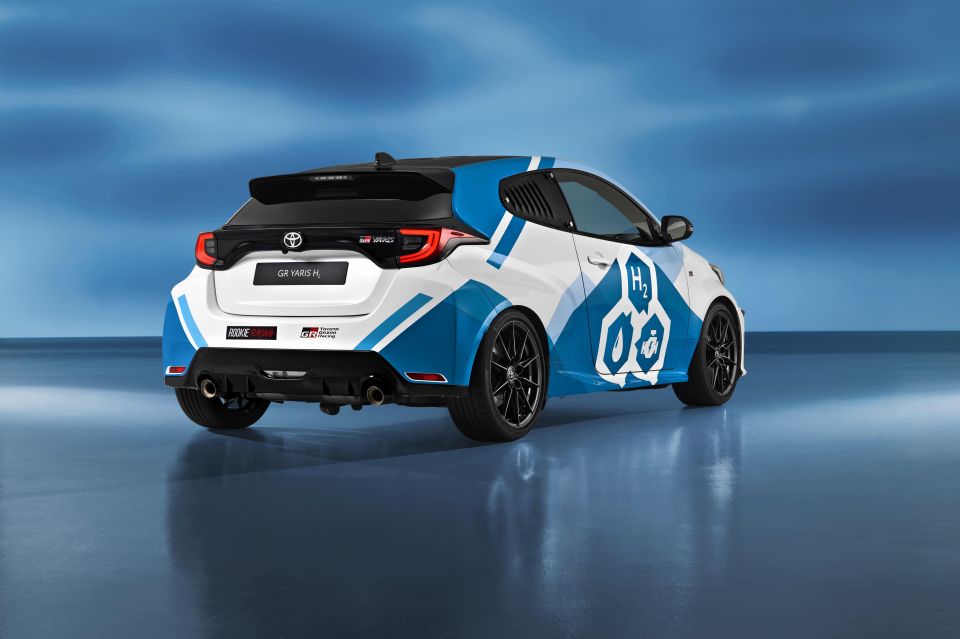
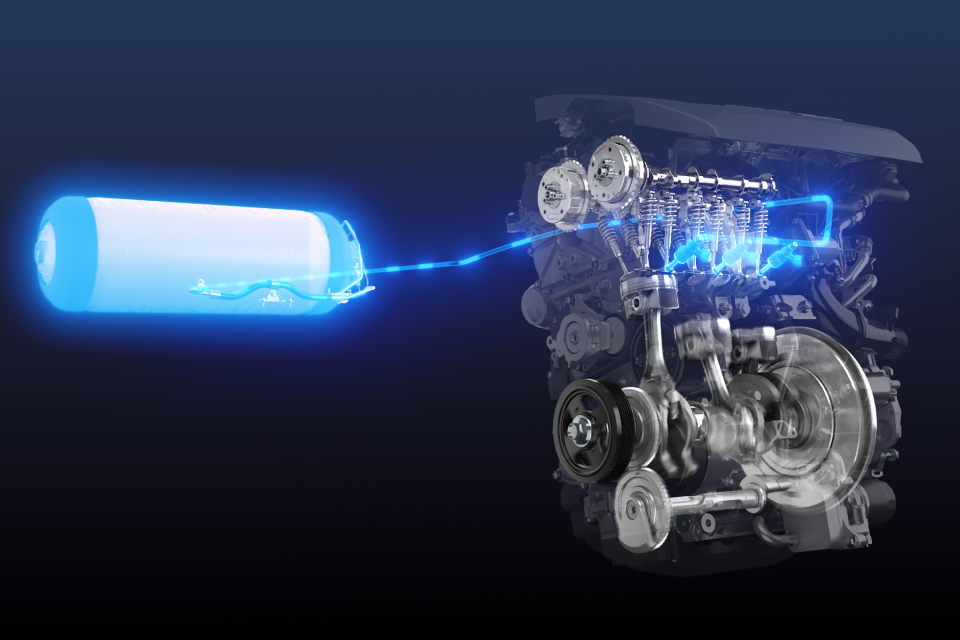
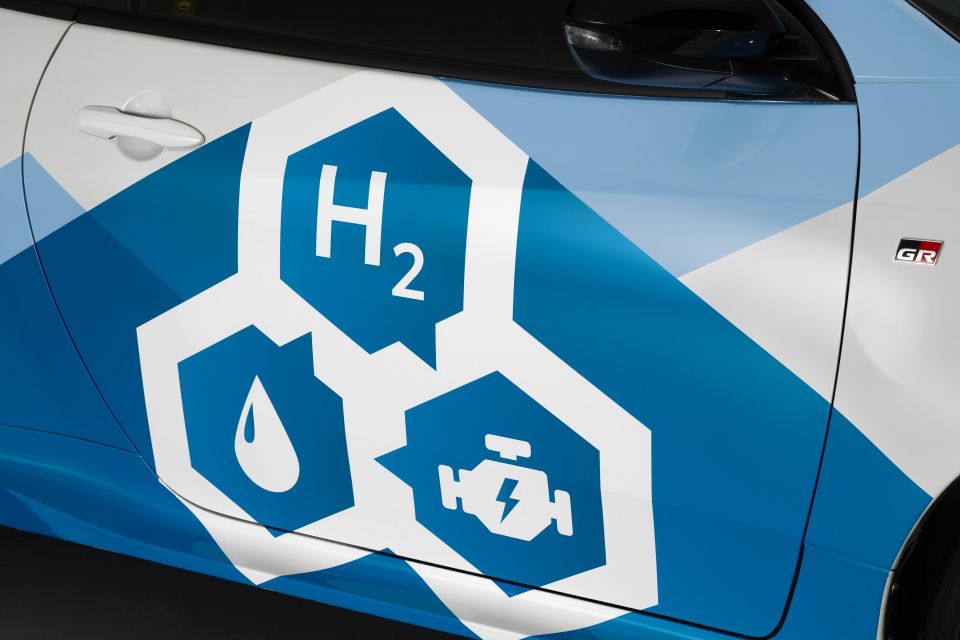
Porsche isn’t the only brand looking at how hydrogen could be used to keep performance cars as we know them (or close to it) alive.
Toyota has a hydrogen-powered GR Yaris concept running an internal-combustion engine instead of a fuel cell, and even has a functioning Corolla racer powered by the same technology.
Hydrogen isn’t the only avenue Porsche is investigating in its bid to prolong the life of internal-combustion engines.
The brand and its partners plan to produce 100 million litres of carbon-neutral eFuels per year in Tasmania from 2026.
HIF Global LLC, in which Porsche bought a 12.5 per cent stake earlier in 2022, says its Carbon Neutral eFuel Plant will be located around 30km south of Burnie, Tasmania, with a design inspired by a similar plant in Chile.
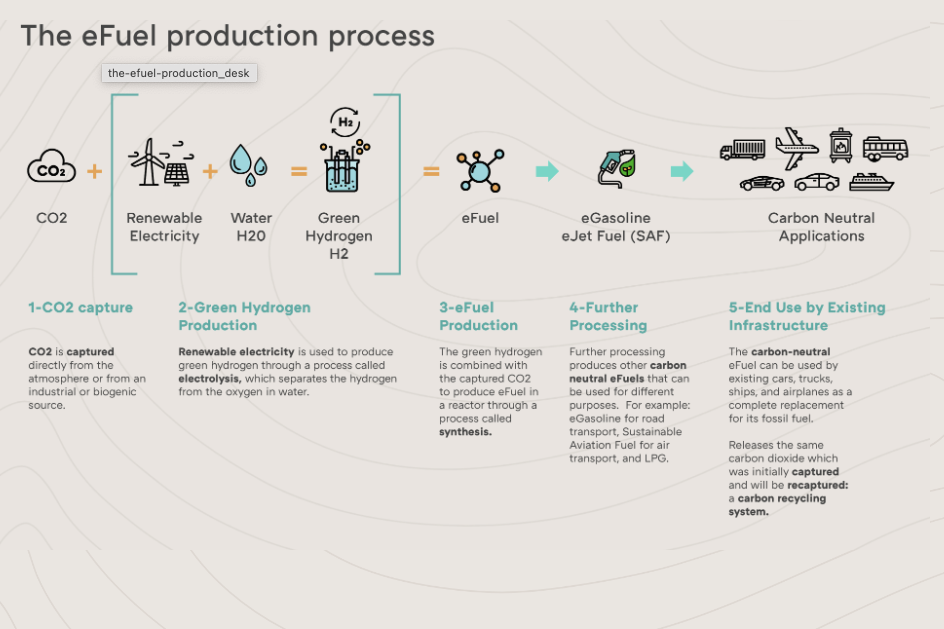
Construction is on track to kick off in 2024, ahead of eFuel production starting in the middle of 2026.
The plant is expected to produce 190 tons of eFuel per day (up to 100 million litres per year) using renewable energy, and will feature a 250MW electroliser.
Compared to conventional fossil fuels, which have between 30 and 40 components, synthetic fuels have as few as eight. There are fewer nasties hiding in eFuel, so it’s better for engines and the environment. Porsche says it reduces emissions by around 85 per cent compared to today’s unleaded.
MORE: Tasmania to produce eco-friendly eFuel for Porsche from 2026
Where expert car reviews meet expert car buying – CarExpert gives you trusted advice, personalised service and real savings on your next new car.
Scott Collie is an automotive journalist based in Melbourne, Australia. Scott studied journalism at RMIT University and, after a lifelong obsession with everything automotive, started covering the car industry shortly afterwards. He has a passion for travel, and is an avid Melbourne Demons supporter.


CarExpert.com.au
2 Hours Ago
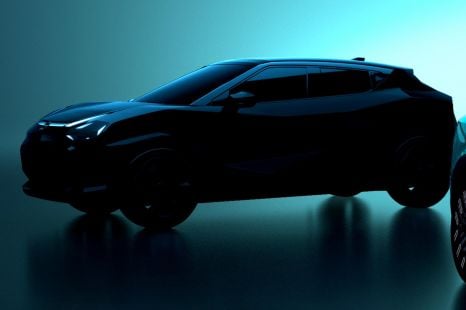

Damion Smy
16 Hours Ago
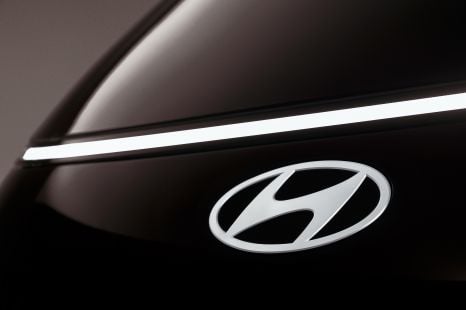

Damion Smy
19 Hours Ago


Damion Smy
23 Hours Ago
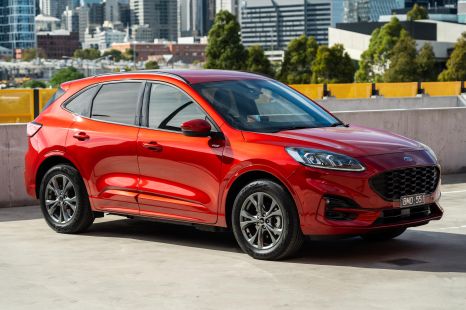

Damion Smy
1 Day Ago
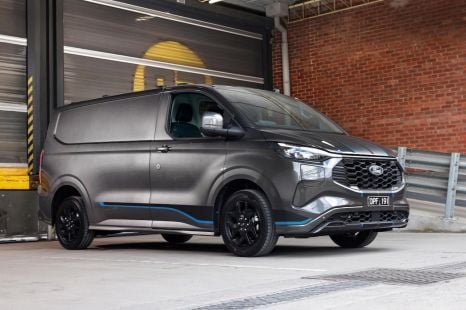

Damion Smy
1 Day Ago